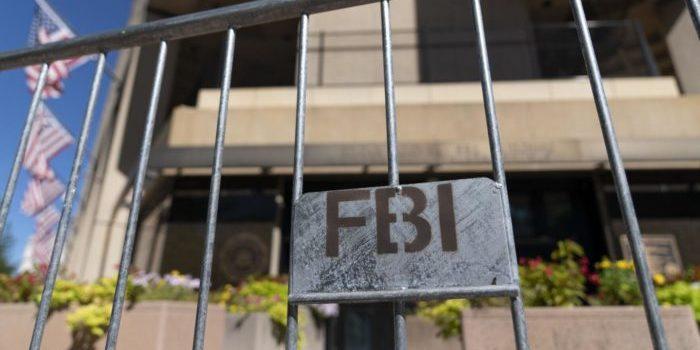(Ken Silva, Headline USA) The U.S. Second Circuit Appeals Court ruled Tuesday that FBI agents who placed several targets on the “No-Fly List” for refusing to become informants are protected by qualified immunity.
The decision stems from 2013, when three Muslim men sued the government, alleging that FBI agents asked them to serve as government informants in Muslim communities. When they refused, the agents placed them on the “No Fly List”—even though none of them were national security threats. The agents then suggested that they could remove the Muslims from the list if they turned snitch, according to the lawsuit.
The case bounced around the courts for more than a decade, until the Second Circuit finally upheld a lower court’s dismissal. In doing so, the Second Circuit stated for the “first time that U.S. government officials cannot use the No Fly List to try to coerce U.S. Muslims into spying on their communities against their religious beliefs,” according to a press release from the Center for Constitutional Rights.
However, “At the same time, the court upheld the dismissal of a lawsuit seeking damages from federal agents who engaged in the illegal practice,” the rights watchdog added.
In its ruling, the Second Circuit rebuked the FBI agents for their constitutional violations.
A U.S. appeals court yesterday ruled that FBI agents are protected under qualified immunity when they place people on the "No Fly List" solely to coerce them to become informants. Here's how the FBI abuses this power. 🧵 https://t.co/q8RGSHP1tK
— Trevor Aaronson (@trevoraaronson) October 30, 2024
“At its core, the complaint alleges that government agents pressured individuals to serve as informants—at risk to their own and their families’ safety—and to report on the activities of their neighbors and community members by falsely and in bad faith accusing them of terrorism to deny them significant liberties under a program designed to protect lives from genuine terrorists. That is improper behavior,” the justices wrote in their opinion.
However, the Second Circuit declined to assess damages against the FBI agents, ruling that they have qualified immunity.
“None of the Appellees had reason to understand that their actions violated clearly established law,” the court ruled. “As a result, they are entitled to qualified immunity, and the district court properly dismissed the Appellants’ RFRA claims for damages.”
One of the plaintiffs said he’s thankful for the ruling, even though he won’t be receiving any damages.
“We sued and won back our ability to fly to see our families and for work,” the lead plaintiff, Muhammad Tanvir, explained in a press release Tuesday.
“Then the Supreme Court agreed we could try to make federal agents pay for violating our religious rights. But it was never just about money. We fought for a decade so people would know what happened to us and so the same thing wouldn’t happen to others. Even if this decision does not give us everything, we still won.”
Ken Silva is a staff writer at Headline USA. Follow him at x.com/jd_cashless.

